Smooth
Recommended for bubs aged 6-8 months
Le Puree AU
Kickstart your baby’s solids journey with our NEW First Bites Single Ingredient Purees – now 30% OFF for a limited time!
🚩 Important: Missing One Allergen – Walnut
Please note, this kit is currently missing Walnut due to stock availability. We wanted to ensure you could still access the rest of the kit, so the remaining allergens, including almond and cashew (covering the tree nut group), are included and ready to go. Walnut will be available soon in our updated allergen tool, which will feature four exciting new allergen powders - coming June 12th.
Developed in collaboration with our doctor friends at TasteBubs, these purees are thoughtfully designed to incorporate early allergen introduction and address the growing number of children with food allergies in Australia. (Did you know over 4 million Australians have food allergies—the highest rate in the world?) Research shows that introducing allergens early and often can reduce the risk of allergies developing by up to 81%. Packed with nutrition and backed by science, this range helps you confidently navigate your little one’s first bites.
What's included in our LIMITED TIME First Bites OFFER?
🍎 Be the FIRST to use our NEW Le Puree Single Ingredient Purees
🥜 AS SEEN ON SHARK TANK, Doctor Designed 28-Day Allergen Introduction Kit with the top 6 allergens (excluding Walnut)
🥜 Allergen Tracker Magnet for your fridge
Fruit Singles Purees: Apples (100g - 3 cubes), Dragon Fruit (100g - 3 cubes), Pear (100g - 3 cubes), Blueberry (100g - 3 cubes) Veggie Singles Purees: Sweet Potato (100g - 3 cubes), Broccoli (100g - 3 cubes), Pumpkin (100g - 3 cubes), Beetroot (100g - 3 cubes) Taste Bubs Allergen 28-Day Kit - refer to packaging: 4x Almond Powder Sachets, 4x Cashew Powder Sachets, 4x Walnut Powder Sachets, 4x Peanut Powder Sachets, 4x Soy Powder Sachets, 4x Egg Powder Sachets Other Top Allergens to introduce early: Dairy (Butter, Milk, etc.) + Wheat (Bread, Flour, etc.) found in common pantry items.
CONTAINS ALLERGENS IN TASTE BUBS ALLERGEN KIT: CASHEW, EGG, PEANUT, SOY, SESAME, ALMOND, (MISSING WALNUT POWDER - which is why 30% OFF) Purees are ALLERGEN FREE. *Made in a facility that also processes the Top 9 allergens: milk, eggs, fish, shellfish, tree nuts, peanuts, wheat, soy, and sesame.*
Couldn't load pickup availability
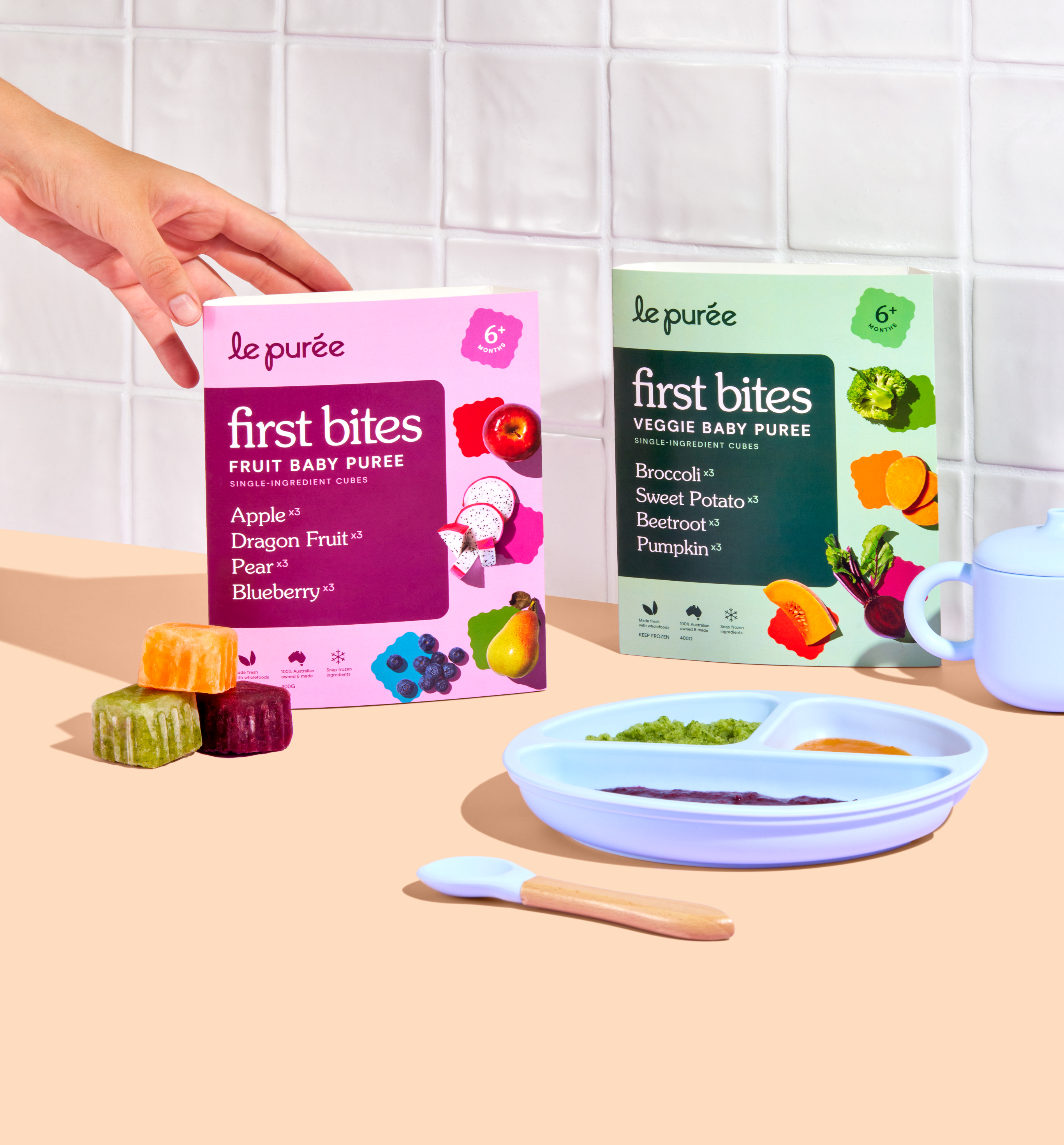
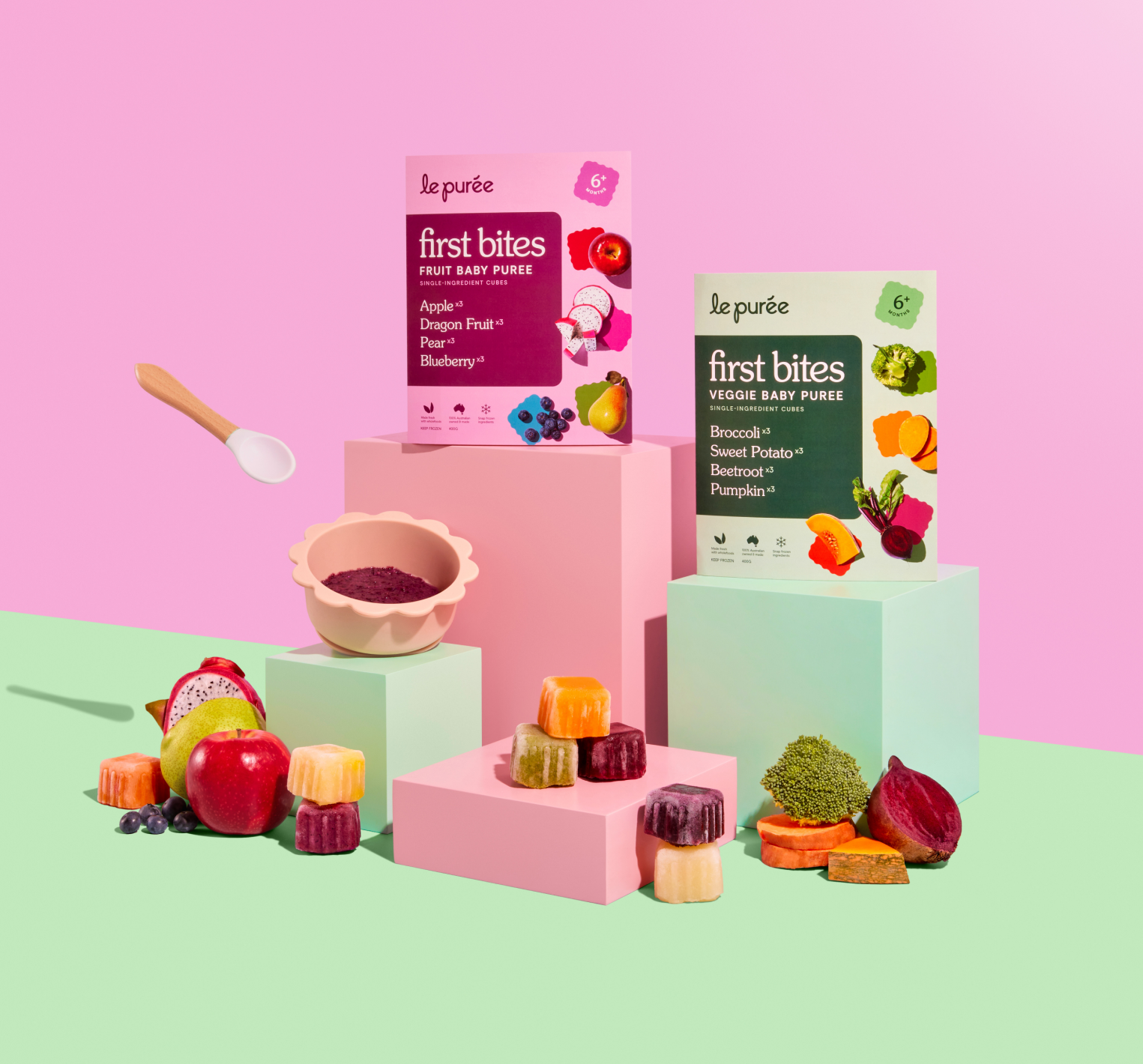
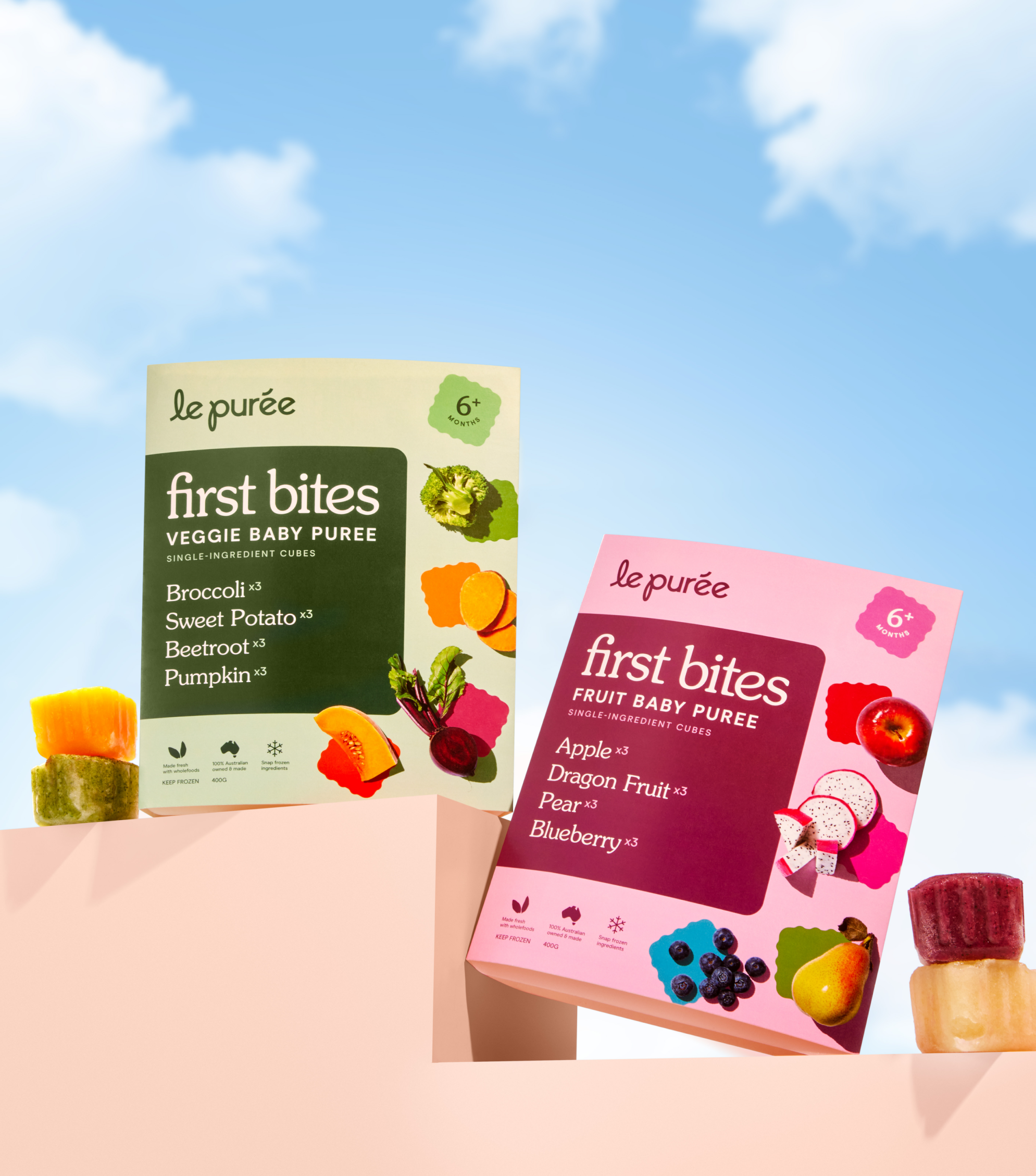
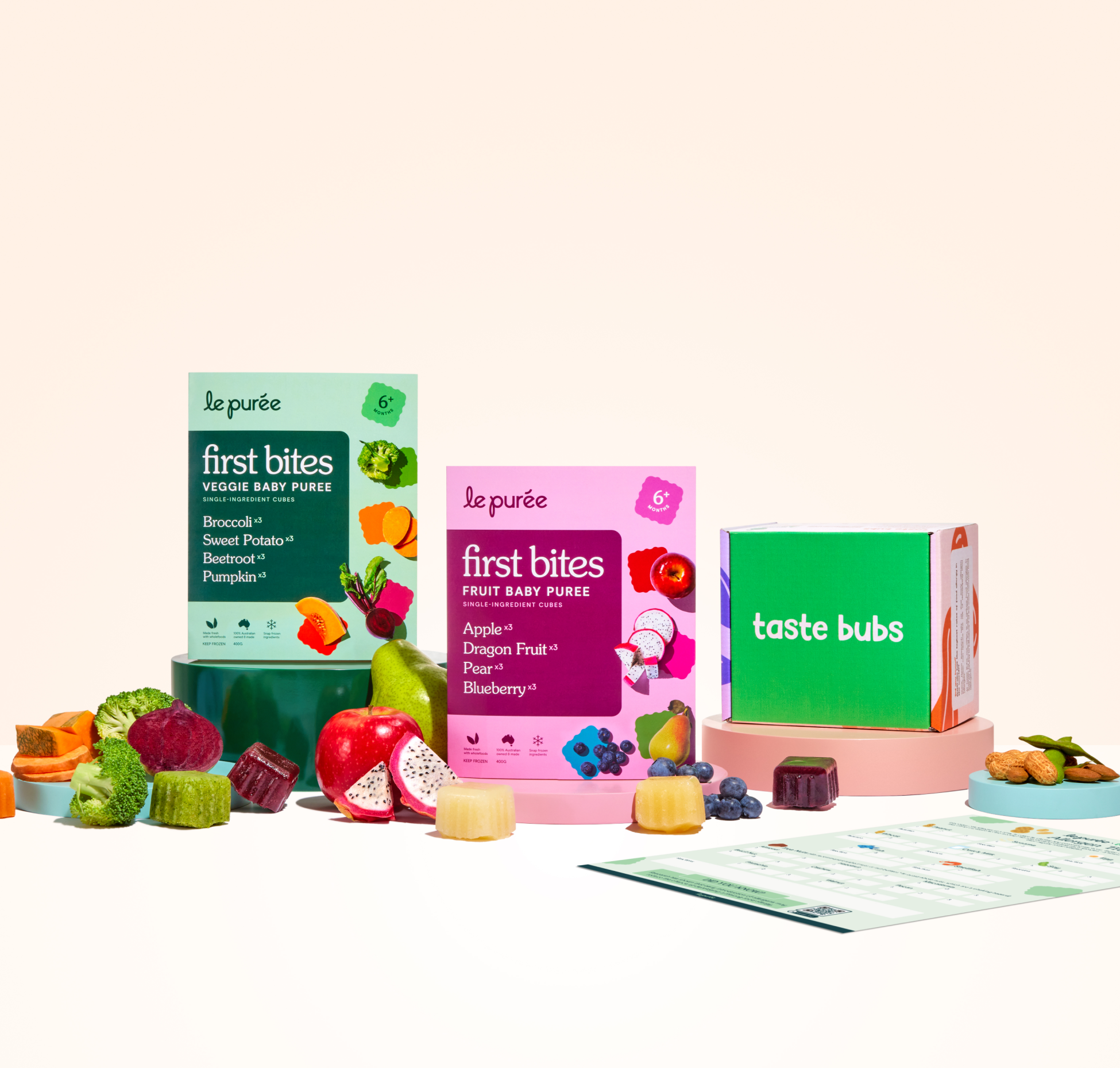
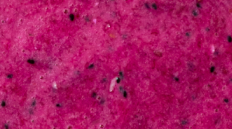
Recommended for bubs aged 6-8 months
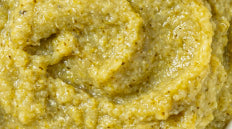
Recommended for bubs
aged 8-10 months
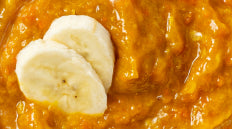
Recommended for bubs
aged 10+ months
Food allergies are classified in many ways, but the most common is an IgE mediated allergy- which involves the immune system. This is different to food intolerances, which usually result in discomfort and gastrointestinal symptoms (constipation, diarrhoea and/or gas) or skin irritation.
You should continue to introduce and feed your baby the other common allergy causing foods. Once you have fed your baby the common allergy causing foods, it is important to continue to include these foods in your baby’s meals regularly (try for twice per week).
It’s important to remember that the key allergen foods are VERY nutritious foods that are important sources of protein and (healthy) fats for growing bodies.
If you notice that your child has any of the following symptoms, dial 000 immediately for medical attention.
• Difficult or noisy breathing.
• Swelling of tongue.
• Swelling or tightness in throat.
• Wheeze or persistent cough.
• Difficulty talking or hoarse voice.
• Persistent dizziness or collapse.
• Pale and floppy (in young children).
Please also make sure you’re seeking medical attention, and not relying on generalised advice if you believe your baby has an allergy.
Yes! All of our purees are made for the starting solids journey. Free from any additives and paediatrician approved. Our new First Bites - Single Ingredient Purees are perfect for those first tastes and to paired with allergen introduction.
Babies are typically ready at or around the 6 month mark for starting solids. We like to look at the “signs of readiness”, rather than a numerical age because this can vary from baby to baby.
The key signs to look for are:
Our portion sizes are 100g, which is 3 cubes. This is based on an average- and in order to get an average there are some bubs who eat more and some who eat less than our estimate.
When they start solids, we anticipate a serve will be 1 cube, and by ~7-8 months they’ll be increasing to 2 cubes, and by 9-10 months we generally find that ubs are managing 3 cubes (or more!)
Remember that some meals they’ll eat much more than others, and they’ll tell us when they’ve had enough!
When starting solids, we suggest starting with 1 meal/d. This is because milk is their primary source of nutrition, and we just introduce solids to get them used to it. By 9 months old, we anticipate they’ll be consuming 2 meals/d as well as their milk schedule, and by 10-11 months, this will increase to 3 meals/d.
We've done this for a purpose, for repeated exposure and to account for wastage of product.
No, stop feeding your child immediately and seek medical advice. Stay with your child and monitor for signs of anaphylaxis. Call emergency services immediately.
We always recommend the morning, so you can keep an eye on your baby throughout the day incase of a reaction.
Yes, only use one sachet per day.
There are 9 main allergens listed in Australia. It is recommended to introduce one allergen at a time, in order to easily identify the food, should a reaction occur. We suggest starting with a small quantity of a certain food (e.g. peanut), serving it mixed with a food they've previously tolerated. Our First Bites x Allergen Introduction Starter Kit is what we recommend to get started.
Example: Taste Bubs sachet + Le Puree Singles Puree cube.
Reactions typically occur between 15 minutes and 2 hours after a food is eaten. If you observe no reaction (hopefully) to this food- you can tick off an exposure on our tracker. We recommend trialling each allergen food ~3 times. If your child has not had a reaction after 3 exposures their risk of having a future allergic reaction is very low.
- Hives or Welts
- Vomiting
- Swelling of Lips, Face or Eyes
Parents are sometimes worried about giving egg and peanut to their babies, as they are the most common allergy causing foods in children.
Tips for egg: start by offering your baby well-cooked egg (not raw or runny eggs), Taste Bubs sachets are a great option too!.
Tips for peanuts and nuts: These foods are a choking risk and should be given in safe forms like smooth butters, or Taste Bubs sachets.
*With all nut butters, these can be sticky and thick, so we recommend ‘thinning’ them out with water (boiled and cooled) to avoid a choking risk.
Yes! They sure are :) Our meals are designed and curated by our in-house dietitian - an expert in infant nutrition
Start with small amounts—a few teaspoons—and gradually increase as they get used to eating solids. Their primary source of food will be breast milk or formula. This is a time to get them exposed to beautiful flavours and moments with you!
All of our wholefood blends are recommended for 6+ months, however we do different textures by stages (Stage 1 - Smooth, Stage 2 - Textured, Stage 3 - Chunky). Smooth is great for starting around the 6 month mark. As bub is enjoying their smooth blends, we recommend moving to textured which is typically around 8 months (plus or minus) and then soon after, chunky. Our chunky puree has lumps and bumps and small pieces, great for ~10 months.
Yes! We recommend a different allergen each day of the week, then repeat that cycle.
For example:
Monday peanut
Tuesday- cashew
Wednesday- soy
Thursday- walnut
Friday- egg
Saturday- sesame
Sunday- almond
Guidelines say You can introduce allergens as soon as your baby begins solids, so around 6 months of age- but not before 4 months.
Shellfish come in two species - crustaceans and molluscs, and they need to be tested separately.
Crustaceans are your foods like prawns, shrimps, crabs and lobsters.
Mollusks are your foods like oysters and mussels.
Unfortunately they are. We know that the risk of allergies is both genetic and environmental. So yes, if there are allergies in the family, the newest member of the family is at slightly higher risk. This makes it even more important to introduce the common allergens early to eliminate your baby's environmental risk of developing food allergies.
Still need help? View all our FAQ's or reach out at